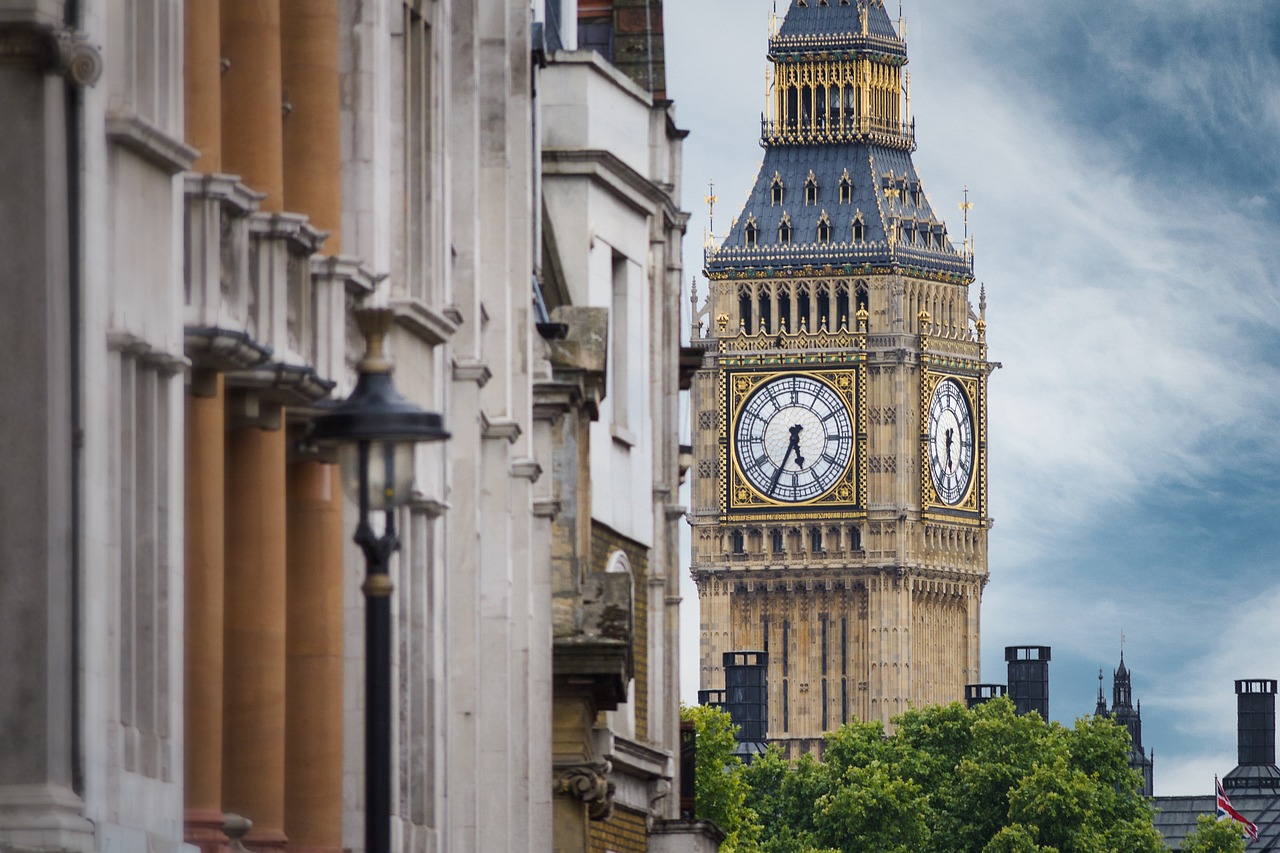Embracing Diversity: Record-Breaking Indian Visitors to the United States in 2023

Embracing Diversity: Record-Breaking Indian Visitors to the United States in 2023
- December, 29-2023
In a historic year for Indo-U.S. relations, the United States witnessed a surge in Indian visitors, welcoming over 1.2 million individuals in 2023. This milestone was achieved through the processing of one million non-immigrant visa applications by the U.S. Mission to India, marking a 20% increase from 2019. Indians now constitute over 10% of global visa applicants, with a particularly strong presence in student and employment categories, solidifying the bond between the two nations.
H-1B Visas: A Paradigm Shift in Renewal Procedures
The year 2023 saw a significant shift in the H-1B visa landscape with the introduction of an in-country renewal pilot program. Initiated by the U.S. State Department, this limited rollout allowed 20,000 participants to renew their visas within the United States, excluding spouses of H-1B employees. Simultaneously, the Department of Homeland Security announced plans to revamp the H-1B program, focusing on modernization, streamlining processes, and implementing anti-fraud measures.
Work Permits: Navigating Employment Challenges with USCIS Relaxations
June brought relief for nonimmigrants facing employment challenges as the United States Citizenship and Immigration Services (USCIS) relaxed eligibility criteria for Employment Authorization Documents (EADs) in compelling circumstances. Furthermore, in October, USCIS announced an extension of the maximum validity of EADs to five years, benefiting non-citizens in specific categories requiring employment authorization.
Navigating Higher Education: Scrutiny and Costs for Student Visas
To combat fraud and misuse of the appointment system, the U.S. implemented a policy change for F, M, and J student visas. Starting November 27, applicants must input their passport details during profile creation and visa scheduling. This move aims to enhance scrutiny and deter fraudulent practices. Additionally, the cost of student visas increased as part of a broader effort to align processing fees with actual consular expenses.
Challenges on the Path to Citizenship: Tougher Tests and Modernization Initiatives
Updates to the U.S. citizenship test stirred concerns among immigrants and advocates, particularly those with lower levels of English proficiency. The proposed changes, part of a broader naturalization process, raised questions about accessibility. Meanwhile, the Biden administration's successful pilot project for "paperless visas" promises a modernized approach to visa issuance, potentially eliminating the need for physical stamps.
Financial Realities and Fee Revisions: USCIS Proposals for 2024
As the United States Citizenship and Immigration Services (USCIS) faces financial challenges exacerbated by the pandemic, a comprehensive fee review was initiated. The proposed fee increases, set to be finalized in April 2024, will impact various immigration processes, including H-1B visas. Despite the financial considerations, the USCIS aims to address ongoing financial shortfalls and maintain the integrity of immigration procedures.
In conclusion, the visa and immigration landscape in the United States underwent substantial transformations in 2023, reflecting the dynamic nature of global mobility and the nation's commitment to enhancing security, efficiency, and inclusivity in its immigration processes.





